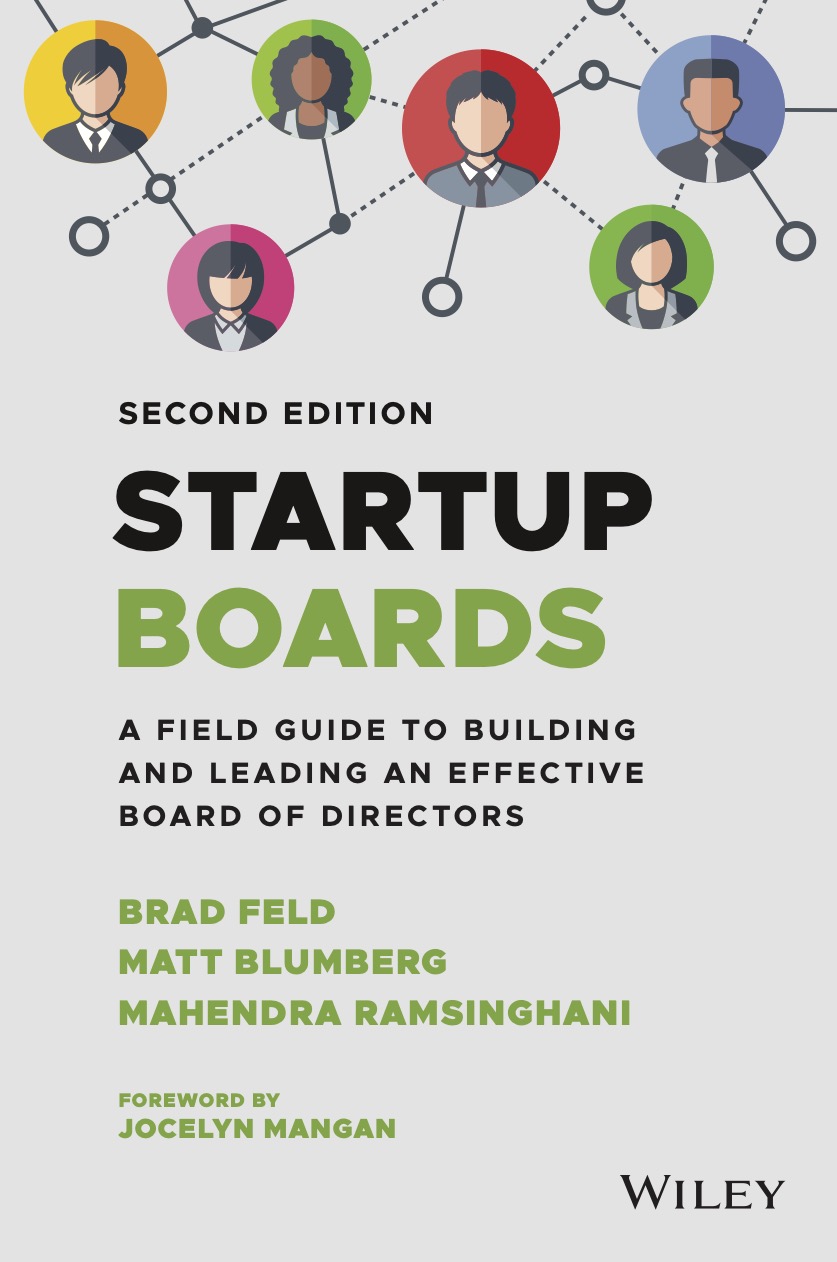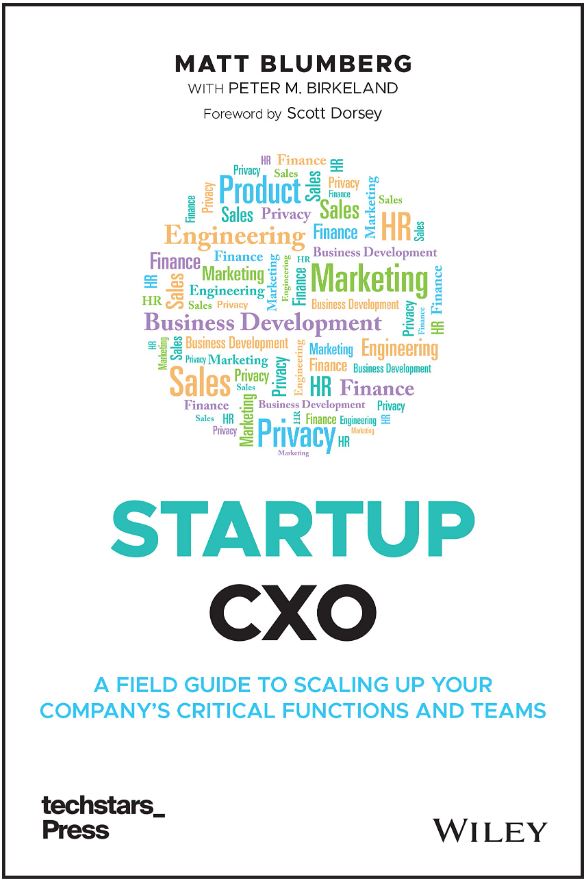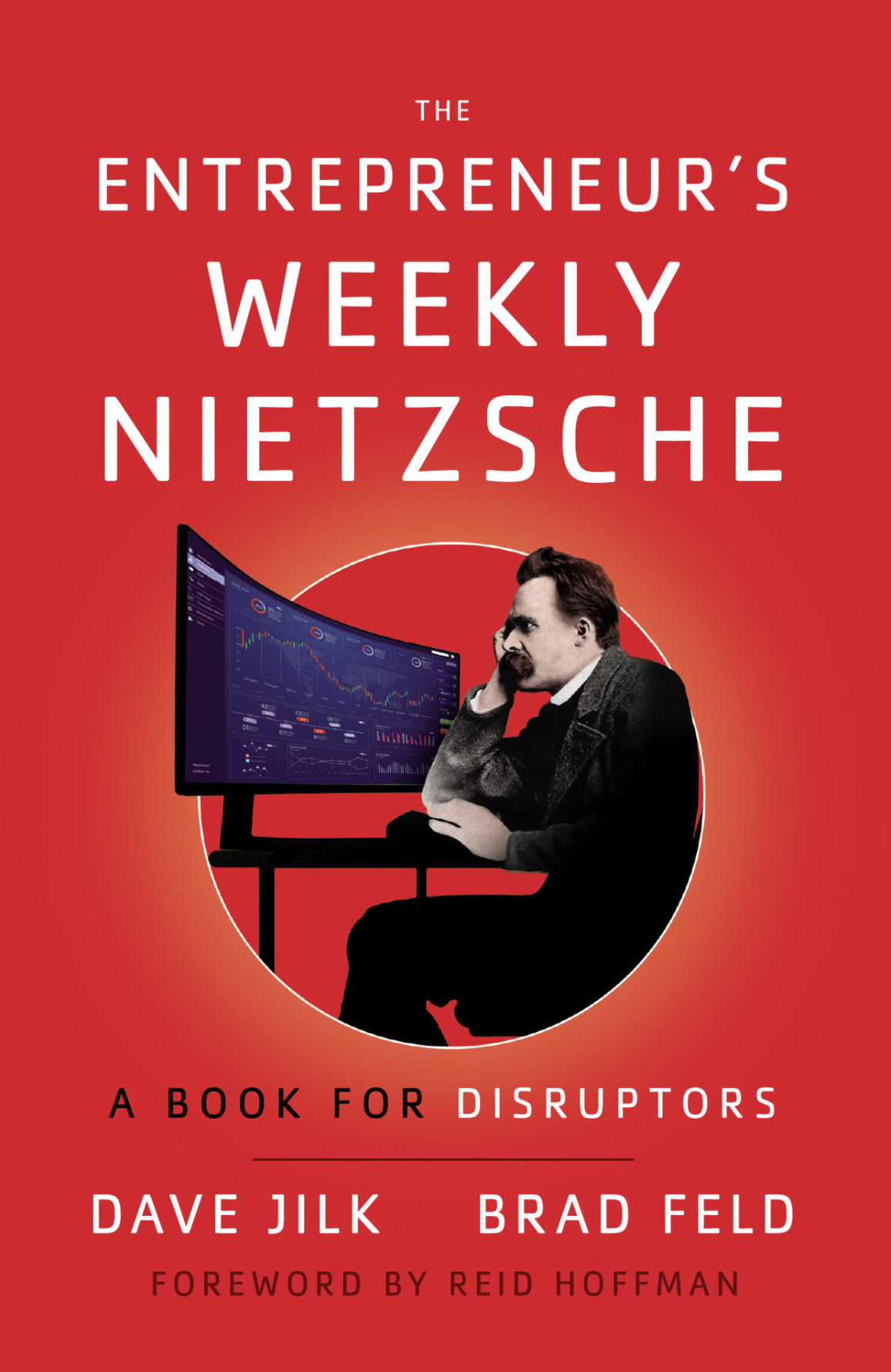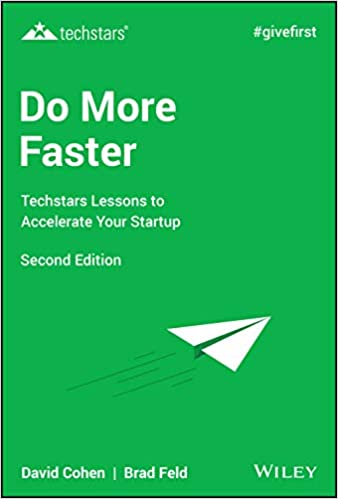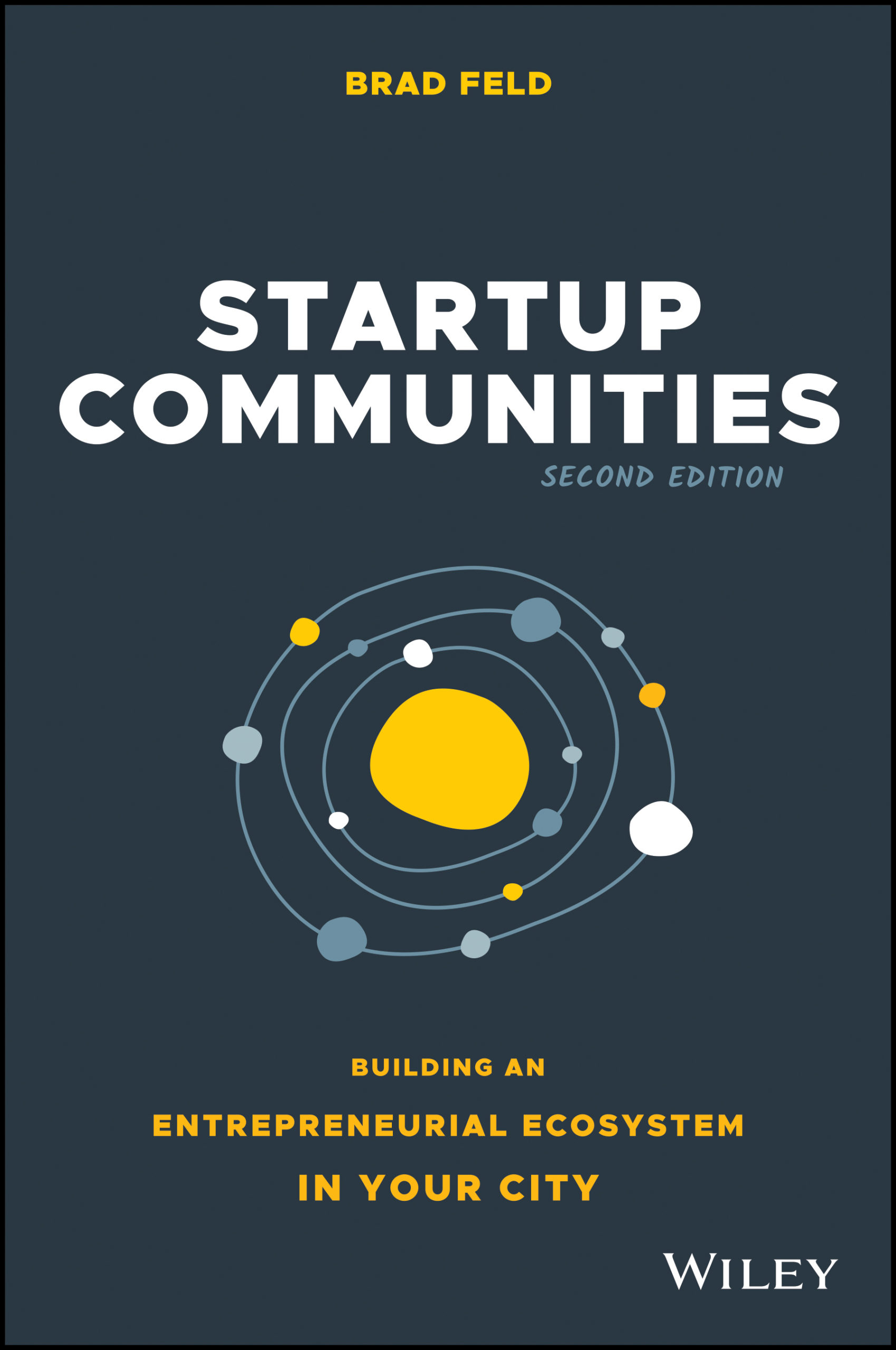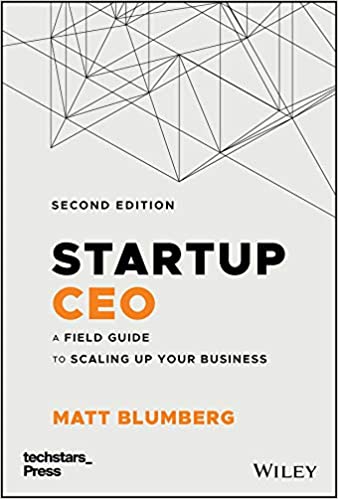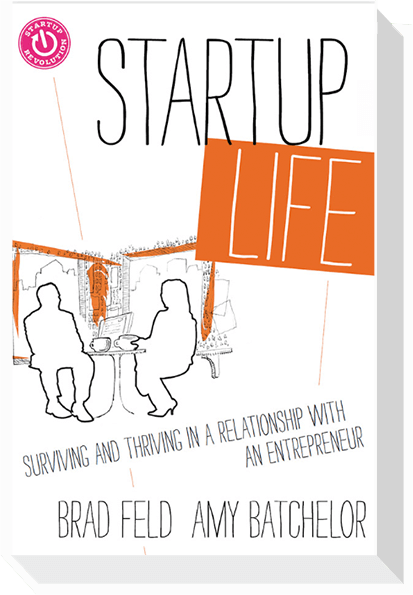A Brief History of VegasTech
Yesterday morning, on my way out of Las Vegas after two days at CES, I had breakfast with Rick Duggan, David Gosse, and Jennifer Gosse. They had reached out to me about getting together to discuss the Las Vegas tech scene and to pick my brains about Boulder, startup communities, TechStars, and anything else that came to mind. We had an awesome two hour breakfast where I learned a ton about what’s going on in Las Vegas and committed to spending the day at /usr/lib (their co-working space) the next time I’m in Las Vegas.
Following is an overview of what’s happened in the Las Vegas tech community since April 2011. As with all startup communities, this is being led by entrepreneurs. As part of our discussion I reinforced my strongly held view that the leaders of a startup community must be entrepreneurs – all other participants are feeders. Rick, David, Jennifer, and the Las Vegas tech community seem to grok this, which is awesome.
Thanks to Rick Duggan, David Gosse, Jennifer Gosse, Gian Brown, Mike Manzano, Shaun Swanson, and Mark Johnson for contributing to this post.
In April, 2011, 12 people gathered at The Beat Coffeehouse in downtown Las Vegas and attended the first Las Vegas Jelly, a casual co-working session. Designed to bring together the technical / startup / entrepreneurial minds in Las Vegas, it began modestly. Just four short months later, attendance regularly topped 150, including 70 gathered in a room designed to hold maybe 30 to hear local startups practice their pitches. The event continues to grow.
Since that first Jelly, a loosely knit community of DOers have combined and collaborated to bring the following to Las Vegas:
- Startup Weekend (June and November)
- Las Vegas Jelly (weekly)
- Ignite (quarterly)
- Delivering Happiness Inspire (quarterly)
- /usr/lib (a tech library / co-working lite space open daily)
- Ruby Users Group (weekly [yes, it pre-dated VegasTech, but has grown far stronger now])
- Mobile Monday (monthly)
- LaunchUp (monthly)
- LV Night Owls (irregularly scheduled)
- vegasstartups.com
- VegasTech.com
- 2 co-working spaces (one opened January 2012, the other to open in March 2012)
Though a number of individuals are responsible for the community’s success, ask anyone and one name is mentioned as the movement’s instigator: Shavonnah Tiera. Shavonnah attended a Startup Weekend in 2010 and wanted to bring that to her hometown of Las Vegas. Undaunted by the then lack of a tech community, she forged ahead and found people to help, sponsors to sponsor, and a venue. The first Startup Weekend Las Vegas in June was a critical juncture in Vegas tech history. The sold out event proved that great ideas and execution could come from the locals. A tech community existed in Las Vegas, and the people in it had finally found each other.
As these events formed, various organizers discussed how to coordinate efforts and bring things together under a single umbrella. The initial intent was simple: make sure events didn’t overlap and split up the community. Eventually a decision to use the web site VegasTech.com was made (#VegasTech had already been in use as a Twitter hashtag for some time, and there was a lot of momentum behind the name).
The weekly Jelly remains the VegasTech community’s key event. Each week, 25% of attendees are new faces, another 25% attend semi-regularly, and the remaining 50% are diehard regulars. So the community is clearly still growing. And all of this came via a dedicated set of volunteers. Not one of the efforts thus far has been paid — it has all been done in the spirit of giving: from building the VegasTech.com web site, to providing experienced mentors to newly formed startups, to planning and executing a social media strategy.
During this time, some 20 community leaders emerged to drive the various events above, while still more have asked how they can help.
As an external validation of the vibrancy of the community, Las Vegas was chosen as one of the first eight cities worldwide to host a chapter of the Startup Foundation, a Kauffman Foundation initiative.
Unique Characteristics of VegasTech
And now, very much patterned after one view of Boston’s tech community, here’s VegasTech:
- We’re giving. Our community started from giving and that will always be an underlying strength.
- We work 24/7 like our city. From late hours at /usr/lib to the Night Owls group, there’s something going on late night quite frequently.
- We’re very casual and informal. Just as you can go to most of the best restaurants in Las Vegas in fairly casual dress, we embody that by not having a lot of process or structure around our events. Want to come to the Jelly and talk about something? Just do it. Want to put on a new event? Likewise. There’s no master committee to answer to. No person or group dominates the community. We all take care of it together.
- We mix business and pleasure as often as possible. Business meeting over your sixth beer at 2:30 in the morning? Sure.
- Our entrepreneurs are natural gamblers. We are risk takers. We push the envelope.
- We have a sense of humor that makes it all worth it.
- We do. Also known as JFDI. We don’t wait around and have a bunch of committee meetings. We aren’t afraid to fail; we’re afraid of not trying.
- We’re open to learning from other cities and intentionally bring in the best minds from other places.
- We’re very adept at social media; our community wouldn’t have formed without it. We network on it, we share tips on it, and we always tweet with the hashtag #VegasTech so everyone knows what’s going on.
- We share and help each other. We support each other’s ideas and companies for the overall benefit of the community. If one wins we all win. If one fails, we share lessons learned. When a new site or app is announced, we ask “How can we help?” and “Can I get a beta invite on TestFlight?”. This applies both within the direct tech community as well as with our supporters. Our downtown venues where we hang out support us as well.
Things we could do better
- Integrate new leaders into the community.
- Respond more effectively to offers of help.
- Give structure to those who prefer structure.
- Ensure adequate funding for deserving companies.
- Founder speed dating.
- CEO job list (but first, more jobs).
